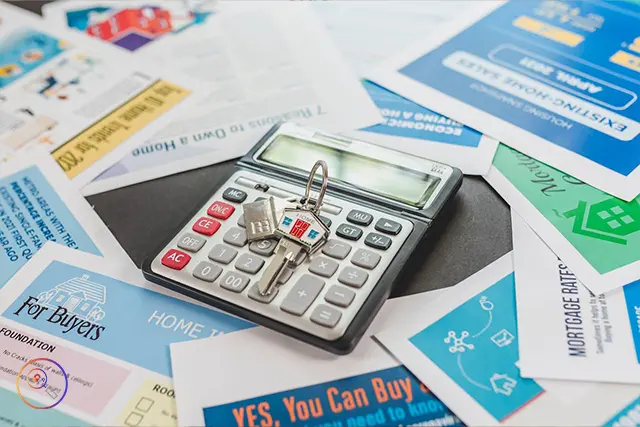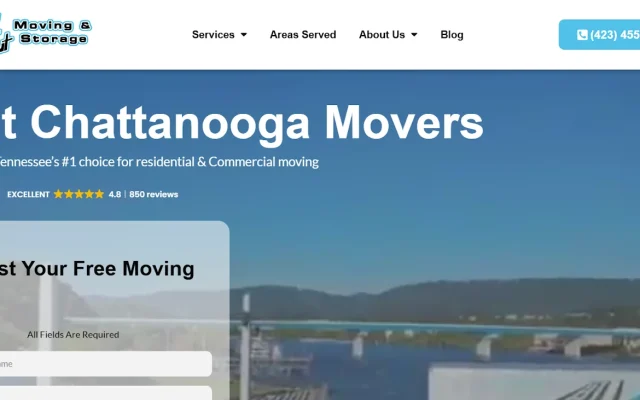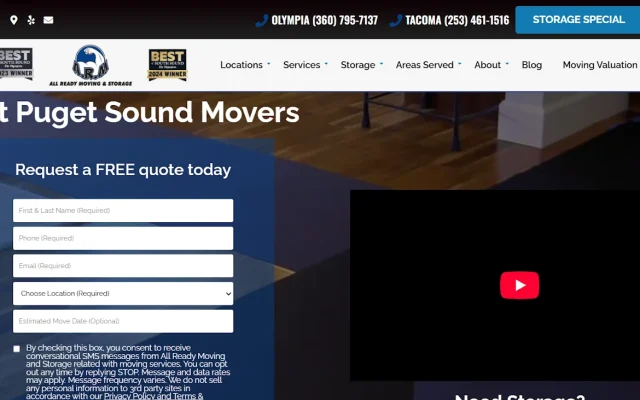Ever scroll through local buying property listings and think, “No way that’s worth half a million”? In places like Dallas, that reaction’s pretty common. Between the heat and high prices, a cabin in Asheville or a bungalow in Boise can start to look tempting. Remote work has made out-of-state moves more doable, and more people are taking the leap.
We’re in a weird spot. Americans are mobile but cautious. Rates are up, prices aren’t budging, and buyers are thinking long-term. Still, moving to a new state feels like a fresh start for everyone from families to Gen Z investors.
In this blog, we will share practical tips, clear insights, and grounded examples to help first-time buyers make sense of purchasing property across state lines.
Why Buying Across State Lines Feels Different
Buying local is familiar, you know the schools, traffic, and vibe. Out-of-state? It’s a gamble. You’re dealing with unfamiliar laws, climates, and neighborhoods that may look better online than in real life.
Listings are like dating profiles, polished, filtered, and often misleading. Without a quick drive-by, you’ll need to trust video tours, research, and local pros.
Culture shock is real too. A quiet Vermont town may close early. An Arizona home might come with sky-high electric bills. If you’re leaving a fast-paced city like Dallas, the change can feel jarring.
Still, people do it all the time. Just plan carefully, and leave room for surprises.
The First Big Move: Planning from a Distance
If you’re planning a move across state lines, a simple checklist won’t cut it, you need a solid strategy. That begins with assembling the right support team. Start by hiring experienced, well-reviewed Dallas long distance movers who understand the complexities of interstate relocation.
From packing up your furniture to navigating new state regulations about what you can bring (yes, even plants and pets have rules), these movers often double as your early guides into your new surroundings. They’re not just lugging boxes, they’re also full of useful, real-world advice about neighborhoods, weather shifts, and driving routes.
Beyond movers, your next ally is a real estate agent licensed in the state you’re buying in. According to Darren Robertson, a Northern Virginia Realtor, a local agent gives you boots-on-the-ground insight. They’ll know if a neighborhood floods every spring or if a seller is listing high because they “just want to see what happens.” Don’t rely on national platforms alone, what looks like a dream deal might be sitting next to a train track or downwind from a paper mill.
Also, use video conferencing tools to stay present. Attend virtual open houses. Walk through inspections over FaceTime. Make sure you have a local inspector who doesn’t gloss over the details because “it’s a hot market.” You want honesty, not hype.
Understanding Local Rules, Costs, and Climate
Real estate isn’t just national, it’s deeply local. Each state has its own rules about taxes, disclosures, and how deals close. Some states use attorneys for closings; others use escrow agents. Some have transfer taxes. Some don’t. Don’t assume that what worked in your current home state will apply where you’re headed.
Also, property taxes vary wildly. That $250,000 house in Illinois might cost you more in annual taxes than a $400,000 home in Tennessee. You won’t know until you dig into the local numbers.
And then there’s insurance. With extreme weather becoming more common, from wildfires in the West to hurricanes in the Southeast, insurance premiums are a growing part of the buying conversation. If your dream home is in a floodplain, you need to know that before falling in love with the view. Rising climate risks are now affecting not only affordability but even mortgage eligibility in certain areas.
So, before you even tour, call a local insurance agent and get some estimates. Flood, fire, wind, none of these should be surprise expenses.
Remote Work and Lifestyle Tradeoffs
One big driver of out-of-state moves in 2025 is the ability to work from anywhere. But even that has some fine print. If your job lets you work remotely, great, but make sure your employer doesn’t have state tax rules that follow you. Some states, like New York, still try to tax your income if the company is based there, even if you’re living in sunny Utah.
Then think about your daily rhythms. Are you prepared to live somewhere with no decent Thai food for 50 miles? Can you handle snow tires? Or tornado drills? People often fantasize about their new life, but forget to consider the small things that make life livable, like takeout, traffic, and Wi-Fi.
If you’re moving with kids, school districts will weigh heavily on your decision. If you’re single or retired, think about the social scene. Will it be easy to make friends? Do people your age live nearby? Buying property is also buying into a lifestyle, and it helps to be honest about what kind of lifestyle you’re actually looking for.
Closing from Afar Without Losing Sleep
Closing remotely is now easier than ever, thanks to digital tools. DocuSign, remote notaries, and video conferencing mean you can sign documents and wire funds from another state. But you still need to be careful. Confirm wire instructions directly with your title company, never by email alone. Real estate wire fraud is real, and scammers love out-of-state buyers because they know you’re distracted and unfamiliar with local processes.
Also, time zones matter. Your closing might be scheduled for 10 a.m. Eastern time, but if you’re on Pacific time, that’s 7 a.m. for you. Stay organized, double-check your deadlines, and always ask what can be done ahead of time. Some steps, like final walkthroughs, should ideally be done in person, but if you can’t make it, send someone you trust.
And if anything feels off? Hit pause. Delays are frustrating, but so is signing something you don’t understand. Ask questions, slow the process down, and remember: once you close, the problems become yours.
Frequently Asked Questions (FAQs)
Out-of-state purchases come with unfamiliar laws, hidden local issues, and misleading online listings. Without being there in person, it’s easy to miss red flags like bad neighborhoods or climate-related concerns.
Digital tools like remote notaries and DocuSign make remote closings possible. Just confirm wire instructions directly with the title company to avoid fraud and stay mindful of time zone differences.
Yes, working with a locally licensed agent is crucial. They understand neighborhood trends, local risks, and can offer guidance that national platforms often miss.
Look into state-specific closing costs, property taxes, and insurance premiums, especially if the home is in a flood, fire, or hurricane zone. Climate risks are increasingly impacting affordability and financing.
Remote work allows flexibility, but make sure your employer doesn’t still tax your income from their home state. Also, consider if the new location supports your lifestyle, food, weather, internet, and social scene all matter.
Absolutely. Long-distance movers often offer tips on local regulations, what to pack or leave behind, and insights into neighborhoods and travel routes, especially helpful if you’re unfamiliar with the state.
Leverage video calls for virtual tours, inspections, and meetings. Stay proactive by using video conferencing apps and partnering with a local inspector who provides honest, detailed evaluations.
Conclusion
The bottom line? Buying property across state lines used to feel like a big leap. Now it’s just a different kind of commute, one measured in planning instead of miles. As housing markets shift and remote work reshapes how we live, more people are willing to look beyond their zip codes for something that fits better: financially, emotionally, or logistically.
Just don’t fall in love with a listing before you’ve done your homework. Ask hard questions. Build a team. Double-check the forecast. And when the paperwork finally clears and the keys are yours, take a deep breath.
You’ve moved more than your stuff. You’ve moved your future.







